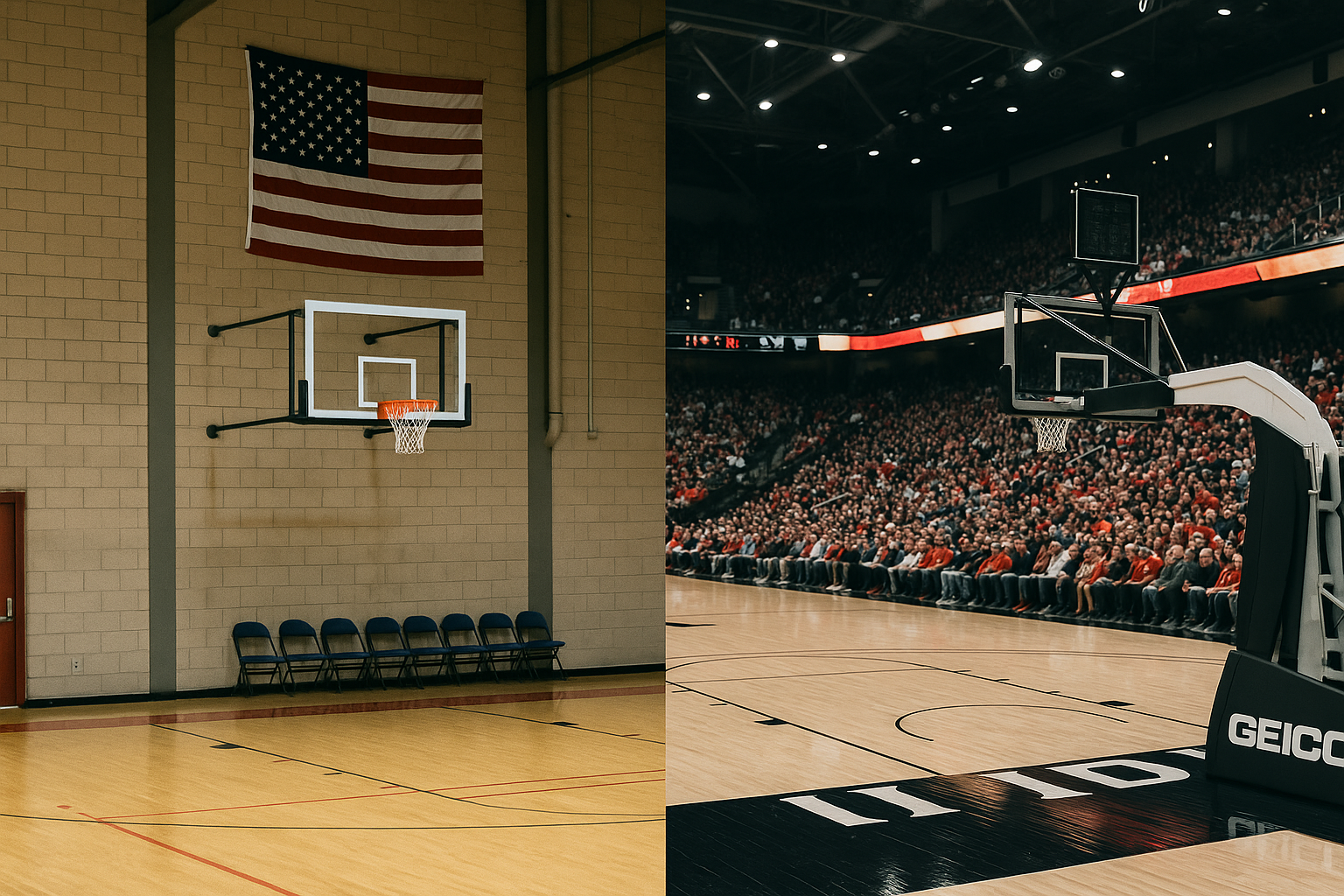
Why JUCO Years Should Count Toward NCAA Eligibility
The recent case of Vanderbilt quarterback Diego Pavia versus the NCAA has sparked a heated debate over whether junior college (JUCO) years should be counted against a player’s eligibility clock. Pavia’s legal team argues they shouldn’t, claiming it limits opportunities at four-year schools. But here’s why I believe JUCO years should count — and why changing the rules could damage the balance of college sports.
Leveling the Playing Field
If JUCO years don’t count, we’re headed toward a college sports environment where 18- and 19-year-old freshmen are going up against 25- and 26-year-olds regularly. That’s not balance — that’s an uneven playing field. College athletics are meant to be competitive but fair, and part of that fairness is keeping the window of eligibility tight.
Commitment Matters
At the end of the day, there are four things you need to make it at a four-year Division I school:
- Grades
- Skillset
- Basketball IQ
- Character
Let’s face it — the average JUCO player is someone who lacks one or more of these four things.
- Grades? If you didn’t have them, you didn’t fully commit to education.
- Skillset? If you lacked it, you didn’t put in enough work in the gym.
- Basketball IQ and Character? Without those, recruiters at the Division I level are going to pass you by.
If you’re missing one or more of these, you could easily find yourself in JUCO or at a post-prep school.
JUCO Is a Second Chance — Not a Free Reset
For an 18- or 19-year-old in JUCO, the truth is you “missed the bus.” JUCO is the place to right your wrongs, catch up, and prove you belong. Some players will turn it around and find themselves at a Division 1, 2, or 3 school after attending a junior college. Others will see their careers come to an end right there. Either way, JUCO is supposed to be a wake-up call — not a loophole that gives you a whole extra set of years on top of what everyone else gets.
Life Doesn’t Give Do-Overs
Think about it: in what part of society do you get to “miss the bus,” and then the driver turns around and picks you up later? Opportunities don’t work that way. When the window opens, you’ve got to be ready. JUCO is there for players to regroup, not to extend their careers indefinitely.
NIL Changed the Conversation
It’s no coincidence this debate only started gaining steam once NIL money entered the picture. Now there’s a financial incentive for athletes to try to extend their college careers as long as possible. But college sports were never designed to be a permanent career.
Suppose you’re lucky enough to use JUCO as a stepping stone to a four-year program, great. Complete your remaining eligibility requirements, earn your degree, and move on with your life.
👉 Bottom line: JUCO years should count toward eligibility. College athletics should reward commitment, preparation, and accountability. Not everyone’s journey is the same, but everyone should play by the same clock.